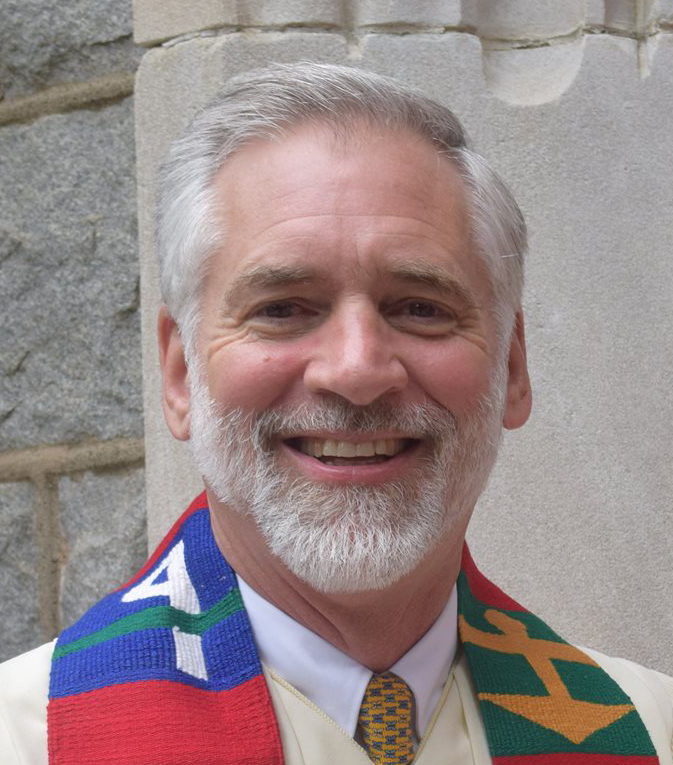By Jeff Brumley
Baptist scholar Steven Harmon was struck by something in Pope Francis’ address to Congress today that hasn’t gotten a lot of attention: its ecumenical message.
The pontiff cited Dorothy Day, Thomas Merton and Martin Luther King Jr. as primary examples of Christians who upheld social justice, liberty, plurality and non-exclusion. He also invoked the legacy of Abraham Lincoln.
They were woven into a larger appeal by Francis that the United States embrace undocumented immigrants, work against income equality and protect the environment.

But for Harmon, author of Towards Baptist Catholicity: Essays on Tradition and the Baptist Vision, it was Francis’ inclusion of King, a Baptist, that sent a strong message.
“Pope Francis chose to weave the examples of three exemplary American Christian into his address…” Harmon told Baptist News Global via Facebook Messenger. “I think this is ecumenically significant.”
Day was a Catholic social activist who championed labor and anti-war causes in the 20th century. Merton was a Catholic monk known in part for his interfaith work, especially between Christianity and Eastern religions. And King was a Baptist pastor and leader of the American civil rights movement.
Harmon said their mention by Francis is a powerful moment in the movement to create harmony among Christian traditions.
“All three, including King, are commemorated in the calendar of saints of the Episcopal Church and some other churches,” said Harmon, visiting associate professor of historical theology at Gardner-Webb University School of Divinity.
The pope did not invoke their names as canonically recognized saints, but still as models for other Christians to emulate, Harmon said.
“The pope is commending a Baptist as an example of the lived Christian life,” Harmon said. “Baptists can learn from this and recognize non-Baptist Christians as saintly models for our living of the Christian life, too — as indeed many Baptists have already been doing.”
Curtis Freeman said the four figures presented by Francis were saints in profound ways.

Lincoln was the saint of American civil religion. King was the saint of civil rights. Day and Merton were saints of service to the poor and a spirituality of peace, said Freeman, research professor of theology and Baptist studies and director of the Baptist House of Studies at Duke University.
“His stories show us what inclusion of the poor, the immigrant, the stranger, the outsider might look like,” Freeman said. “We need the stories of saints like these, because they illumine our lives and show us concretely what goodness looks like in flesh and blood.”
Francis also avoided partisan stances, though some of his address appealed to both sides of the aisle at different times.
Freeman said “he makes it clear that to follow Jesus isn’t necessarily the same as the political right or left. He shows us that the Church of Jesus Christ stands as an alternative to both.”
